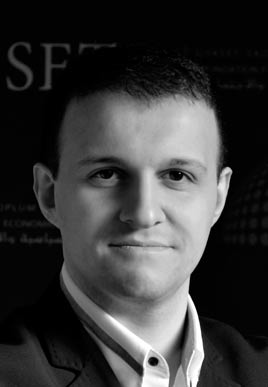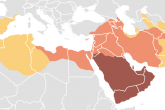Many economists believe that the developed countries have been unable to wriggle themselves out of the effects of the Global Financial Crisis (GFC) completely, and that they are in a low growth period, which is likely to last another 5 years or, even, a decade. This period is commonly called the “new normal”. Some economists argue that this new normal of slower growth has been caused by inadequate demand, while others emphasize that supply-side factors such as sluggish productivity growth has been preventing developed countries from coming round. No matter what the cause, the new normal is a non-negligible fact for developed countries.
However, the new normal is not all about developed countries. It seems that developing countries have also begun to fall asleep, and that their high economic growth period has come to an end. While economic growth is slowing down in some developing countries such as China, Turkey, and Mexico, some other developing countries such as Russia and Brazil are suffering from a recession. Developing countries were the countries that survived with minor wounds after the initial phase of the GFC. Their relatively stable financial markets and high domestic demand helped them to grow, even during the hot-headed period of the GFC. Almost every economic columnist wrote a success story about how developing countries decoupled from the economic fluctuations occurring in developed countries. But, as mentioned above, the story is different nowadays, and developing countries are also struggling to adjust. As a result, most international institutions and organizations have recently revised their global growth forecasts downward.
[Politics Today, May 18, 2016]



